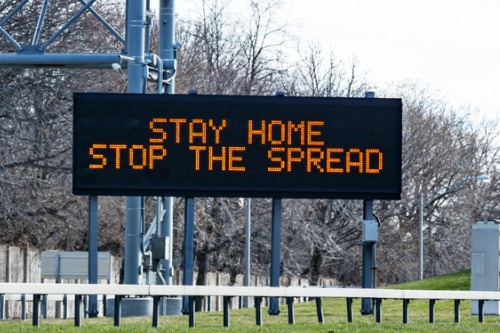

The eyes of the world might be fixed on the United States right now, watching and waiting for the outcome of the 2020 presidential election but, closer to home, this is an instrumental day for another reason entirely. Government MPs have now passed new English lockdown rules by 516 votes to 38.
The update follows the news that the UK has today recorded 492 further deaths, a 59% increase on the total from a week ago today (310), as well as over 57,000 further cases. The number of new cases is the second-highest figure on record, trumped only by the total recorded on October 21. In anticipation of a second national lockdown, Lloyd’s of London announced changes to the schedule of operations of its underwriting room.
The news will be a blow to many businesses, particularly those within the hospitality sector, with the lockdown likely to put many in jeopardy. The insurance industry is also holding its breath in anticipation of what this lockdown will mean in relation to further business interruption claims. The Hospitality Insurance Action Group (HIGA) recently went on record to highlight that a second lockdown is likely to trigger a “tsunami of new business interruption insurance claims.”
Discussing new government lockdown measures, Mishcon de Reya partner Sonia Campbell recently noted that the measures will lead to a second wave of business interruption claims from businesses across the UK before insurers have even paid out on the first wave of claims. She said that many of the impacted businesses have gone through substantial parts of the year with zero revenue.
Beyond the impact of new business interruption claims on the insurance industry, Canopius recently emphasised the social discontent implications of any such decision. Bernie de Haldevang, the head of credit, political and crisis at Canopius, stated his belief that the tactics used by governments to encourage the public to accept the first lockdown are less likely to be as effective the second time around.
“The potential for a political backlash against a government response is a daunting prospect,” he said. “During the first lockdown, most people were genuinely frightened of the disease and what it might do. Crime rates generally went down during the first lockdown; that may not hold for the second one. People are now more cynical, and are less tolerant of the curtailing of their freedoms, which may result in many questioning further measures by governments.”
